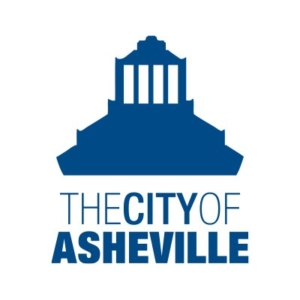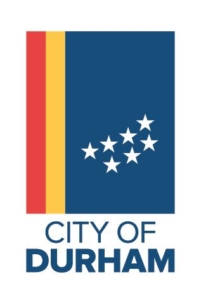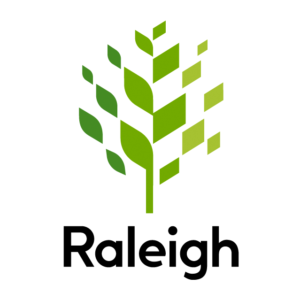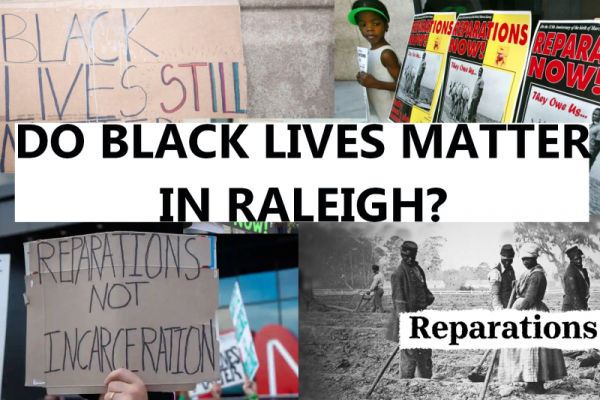Asheville and Durham leaders take decisive action to confront and eliminate the damage of systemic race bias while Raleigh leaders have yet to offer more than token gestures.

On July 14, 2020, the Asheville City Council marked an historic moment by holding a unanimous vote to provide reparations for racial injustice. That night, the Council formally apologized to Black residents for racist practices throughout history including slavery and discriminatory housing practices. They also presented a concrete plan to invest in the community by “increasing minority homeownership”, “increasing minority business ownership and career opportunities”, and implementing “strategies to grow equity and generational wealth”, among many other resolutions to commit to reparations for the black community. Mayor Esther Manheimer also called for the creation of a Community Reparations Commission to provide recommendations and plans for implementation.
 Approximately a week later, Durham’s Racial Equity Task Force (RETF), also called for their city to establish a Wealth Equity Fund dedicated to reparation efforts. This task force consisted of 18 residents per request by Mayor Schewel and Mayor Pro Tem Johnson, and was chaired by NC Superior Court Judge and Dean of NCCU School of Law, Elaine O’Neal. Mayor Pro Tem Jillian Johnson has been keeping the rest of the council informed of the task force’s efforts. Task Force Chair O’Neal stated that their work actually began well before the pandemic, which has interrupted their work and kept them from being able to reach out to more community organizations. Nonetheless, the chair acknowledged that the pandemic emphasized the need to address racial inequity. Criminal justice attorney and wealth and economy committee member of RETF, Emily Coward, called for the city to address the systemic racism working with other cities in concerted effort to establish national reparation effort.
Approximately a week later, Durham’s Racial Equity Task Force (RETF), also called for their city to establish a Wealth Equity Fund dedicated to reparation efforts. This task force consisted of 18 residents per request by Mayor Schewel and Mayor Pro Tem Johnson, and was chaired by NC Superior Court Judge and Dean of NCCU School of Law, Elaine O’Neal. Mayor Pro Tem Jillian Johnson has been keeping the rest of the council informed of the task force’s efforts. Task Force Chair O’Neal stated that their work actually began well before the pandemic, which has interrupted their work and kept them from being able to reach out to more community organizations. Nonetheless, the chair acknowledged that the pandemic emphasized the need to address racial inequity. Criminal justice attorney and wealth and economy committee member of RETF, Emily Coward, called for the city to address the systemic racism working with other cities in concerted effort to establish national reparation effort.
Further recommendation from the task force also includes a racial equity fund to meet the challenge of the racial wealth gap that is community-led and accountable to the communities of color in Durham. While recognizing that current state law limits the actions Durham can take, Coward pointed out that Durham is not completely powerless, as the city can call for the wealthy institutions and individuals (Duke University comes to mind) to contribute to the funds. An apt proposal, as the only way to really start equalizing is by the divesting from the wealthy whites in order to return what was long owed to the black communities. Here is a link to watch the discussion between the task force and the Durham city council on the reparation recommendations Durham City Council Work Session
What is Raleigh doing for reparation of its black residents?
 To date, to address systemic racism in Raleigh, the City Council has submitted a letter to the three branches of government in North Carolina, calling for “more transparency, oversight, and power” to be granted to the Police Advisory Board that otherwise has no subpoena power. However, we also recognize that unless issues of healthcare, homelessness, education, and job opportunities are properly addressed, a police oversight committee will only be dealing with one of many critical symptoms of the underlying problem.
To date, to address systemic racism in Raleigh, the City Council has submitted a letter to the three branches of government in North Carolina, calling for “more transparency, oversight, and power” to be granted to the Police Advisory Board that otherwise has no subpoena power. However, we also recognize that unless issues of healthcare, homelessness, education, and job opportunities are properly addressed, a police oversight committee will only be dealing with one of many critical symptoms of the underlying problem.
In addition to the Wealth Equity Fund, Durham’s RETF also proposed a comprehensive list of recommendations that divides into the following categories of social issues: Wealth/Economy, Criminal Legal System, Health & Environmental Justice, Housing, Education, Public History, and Other Accessible Community Resources. Among the recommendations the Durham RETF specifically suggested include:
-
- Collect qualitative and quantitative data to understand and address health, wellness, and environmental justice issues impacted by racial inequity
- Track and publicize developers for the purpose of public awareness
- Trace the historical effect on housing prices and rents
- Track residents of Durham Housing Authority who are relocated for renovations or redevelopment to find out where they are housed, how many return to their community after renovation, and where they end up if they do not return.
Full recommendations by the Durham RETF here. Final Report – Durham Racial Equity Task Force
Raleigh needs to stop lagging behind other cities and step up. The city needs to implement their own task force to establish reparation efforts here for Raleigh’s Black community – both those who remain and those who have been displaced by generations of gentrification. The issue of gentrification is not new in Raleigh. Look at Raleigh’s gentrification maps over time Raleigh Gentrification Maps. From 1990 to 2000, 6 tracts of lands with a population of 16,239 based on the 1999 census have been gentrified in Raleigh, and three more tracts with a population of 14,594, according to estimated figures for 2009-2013, experienced gentrification from 2000 onwards. South Park, for instance, has seen an increase from nearly 0 up to 17% white homeowners from 2000 to 2012, and these white home buyers typically make 3 times the average income of the longtime residents there.
Kia Baker, director of the nonprofit Southeast Raleigh Promise, made this statement for the NY Times article published in April 2019 and reprinted in the N&O in May 2019, “Our black bodies literally have less economic value than the body of a white person. As soon as a white body moves into the same space that I occupied, all of a sudden this place is more valuable”.
“The Neighborhood is Mostly Black, the Home Buyers are Mostly White”

